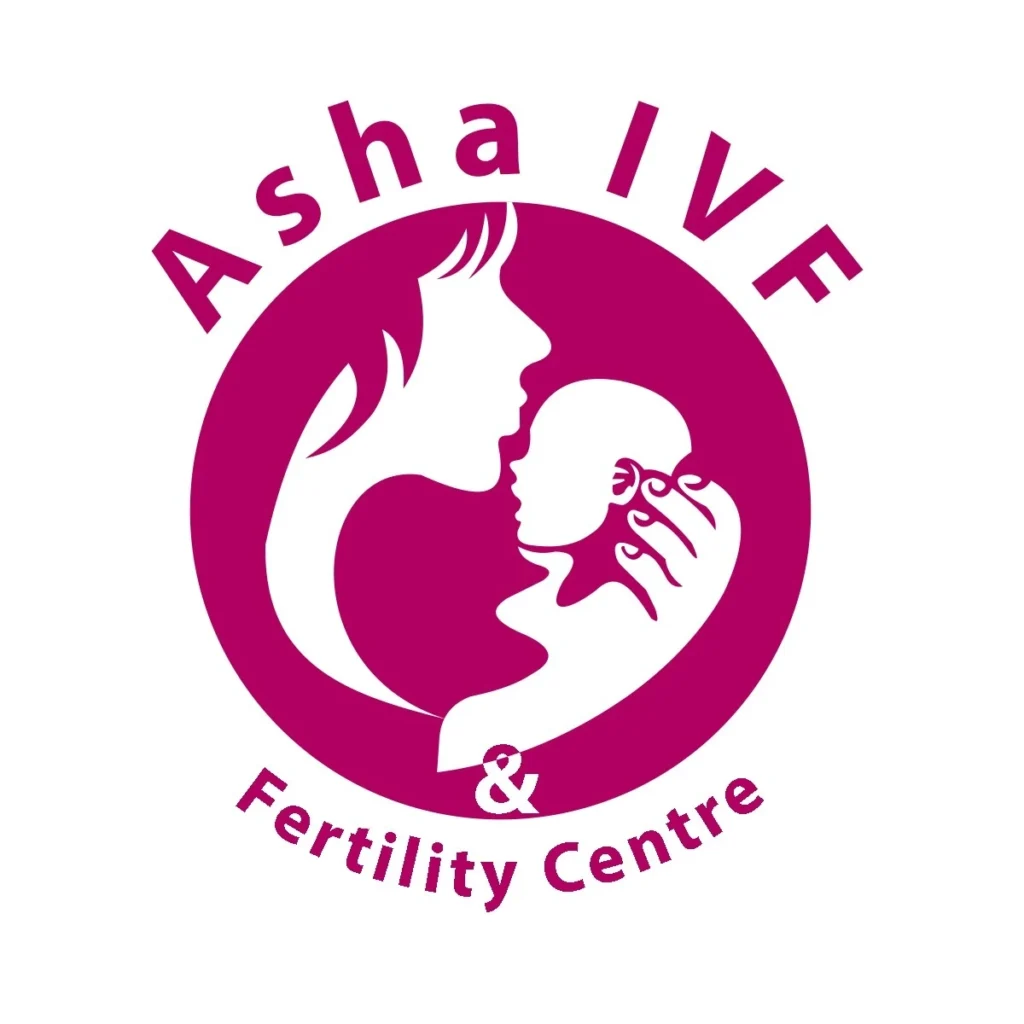Surrogacy has long been a beacon of hope for many who dream of parenthood but face challenges in conceiving naturally. With the continuous advancements in reproductive technology, surrogacy has become more accessible, efficient, and successful. This blog delves into the latest developments in IVF and surrogacy technology, the critical role of genetics and embryo screening, and the future trends in surrogacy and assisted reproduction.
Latest Developments in IVF and Surrogacy Technology
In vitro fertilization (IVF) has seen significant technological advancements over the years. These innovations have not only improved success rates but also made the process more patient-friendly and cost-effective.
- Time-Lapse Imaging: Time-lapse imaging systems monitor embryo development continuously, capturing thousands of images without disturbing the culture conditions. This technology allows embryologists to select the most viable embryos for transfer, significantly enhancing success rates.
- EmbryoScope: The EmbryoScope is an advanced incubator with an integrated time-lapse camera. It provides a stable environment for embryo development while recording their growth. This helps in better selection and improves the chances of successful implantation.
- Cryopreservation: Vitrification, a rapid freezing technique, has revolutionized embryo and oocyte cryopreservation. It minimizes ice crystal formation, enhancing the survival rates of frozen embryos and eggs, thus providing more flexibility and options for patients.
- Preimplantation Genetic Testing (PGT): PGT allows for the screening of embryos for genetic abnormalities before implantation. This ensures that only healthy embryos are transferred, reducing the risk of genetic disorders and increasing the chances of a successful pregnancy.
Role of Genetics and Embryo Screening
Genetics plays a crucial role in reproductive technology and surrogacy. Advances in genetic screening have made it possible to detect potential issues early and make informed decisions.
- Preimplantation Genetic Diagnosis (PGD): PGD is used to screen embryos for specific genetic conditions, such as cystic fibrosis or Tay-Sachs disease. This is particularly useful for couples with a known genetic condition, ensuring that the condition is not passed on to the child.
- Preimplantation Genetic Screening (PGS): PGS examines embryos for chromosomal abnormalities, such as Down syndrome. It helps identify embryos with the correct number of chromosomes, thereby improving implantation rates and reducing miscarriage rates.
- Next-Generation Sequencing (NGS): NGS technology offers a more comprehensive and detailed analysis of the embryo’s genetic makeup. It provides faster and more accurate results and is instrumental in identifying even minor genetic abnormalities.
Future Trends in Surrogacy and Assisted Reproduction
The future of surrogacy and assisted reproduction is promising, with several emerging trends poised to enhance outcomes and accessibility.
- Artificial Intelligence (AI) in IVF: AI is being integrated into IVF to analyze data and predict the success rates of embryos. Machine learning algorithms can assess various factors and provide recommendations, improving the chances of a successful pregnancy.
- Personalized Medicine: Advances in genetics and molecular biology pave the way for personalized reproductive medicine. Treatments can be tailored to an individual’s genetic makeup, hormonal levels, and other personal factors, optimizing success rates.
- Uterus Transplants: Uterus transplants are an emerging field that offers hope to women with uterine factor infertility. Successful transplants have led to healthy pregnancies, providing an alternative to surrogacy.
- Regenerative Medicine: Stem cell research and regenerative medicine hold the potential to create viable eggs and sperm from an individual’s cells. This could revolutionize fertility treatments for those with severe infertility issues.
Asha IVF & Fertility Centre: Leading the Way in Surrogacy
For those seeking surrogacy, the choice of a fertility center is crucial. Asha IVF & Fertility Centre, renowned for its exceptional care and high success rates, stands out as a leader in this field. The center is spearheaded by Dr. Astha Chakravarty, a highly respected IVF specialist known for her expertise and compassionate approach.
At Asha IVF & Fertility Centre, patients benefit from cutting-edge technology, personalized treatment plans, and a supportive environment. Dr. Astha Chakravarty and her team ensure that every patient receives the best possible care, making the dream of parenthood a reality for many.
Conclusion
The advancements in reproductive technology and surrogacy are transforming the landscape of fertility treatments. With continuous innovations, the success rates of IVF and surrogacy are improving, providing hope to countless individuals and couples. Centers like Asha IVF & Fertility Centre, with experts like Dr. Astha Chakravarty, are at the forefront of these advancements, offering world-class care and making the journey to parenthood a fulfilling and successful experience.






